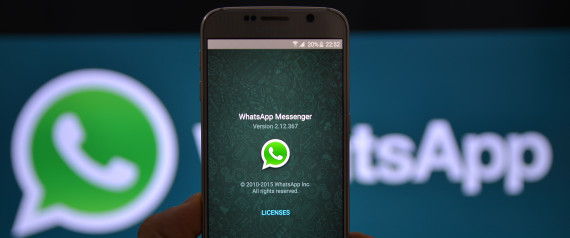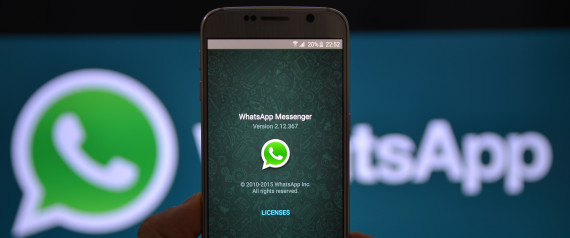
Cryptography: Discussion under seal?

For the fourth time, WhatsApp users in Brazil were surprised with a new block order for the app last July. Differently from other cases, this time, it was possible to better understand the reasons that justified the measure. That’s because magistrate judge Daniela Barbosa Assumpção de Souza, of the 2nd Criminal Court of Duque de Caxias (RJ), decided to make her decision public, separating it from the rest of the dockets, which continue under seal.
It’s true that in cases like this, the secrecy is not unjustified: in criminal investigations under way, the lack of secrecy can tip off the investigated parties and damage the police work. Under pressure of a decision that would affect over 100 million users, the judge showed sensibility when she elaborated a decision that could be made public without compromising the investigations.
The measures settled the speculations that haunted other blockings. First, we know that its determination involved the interception, in real time, of the content of the messages exchanged between the investigated users. Second, we know the basis used to reject the allegation that there is a technical impossibility of compliance because of the adoption of “end-to-end” encryption.
While it represents an important step forward, the publicity of the decision is not enough. If, on the one hand, it offers an explanation to the affected users, on the other, it does not prepare the public opinion for an in-depth debate on the use of encryption in Brazil.
Written in strong print, the text of the decision is almost a manifesto against the app that, in its view, seems to disrespect the national sovereignty and treat the country as a “Banana republic,” and uses a technology that threatens the public security and worsens the sense of impunity.
As much as the revolt of the Brazilian Judiciary is understandable, there’s an “other side” of the story, which runs the risk of being buried by the secrecy of the dockets. The lack of access to the briefs of the parties leaves out important questions: under which arguments and circumstances did WhatsApp insist on defending cryptography and rejecting the demands? What kind of cooperation did the app try to offer? In what level did the demands formulated by the authorities take into account the characteristics of the technical working of encryption and, therefore, the limitations of the company to comply?
The better understanding of the way that these cases have unraveled can make the debate less antagonic and more balanced. For this to happen, it’s important to search for alternatives that give more transparency to the circumstances of these cases.
By redacting documents, for example, it is possible to preserve sensitive information to the investigation and yet to bring forward important aids to the public debate, as it happens in other countries.
Another option is to create conditions for public statements of the company. Nowadays, the secrecy of the process also acts as a limiting factor, as public comments can be interpreted as breaches of gag orders.
In the United States, companies decided to take a stand against the silencing effect that the so-called “secret of justice” has. Apple was only able to report the pressures that it was getting from the FBI to break the iPhone’s cryptography with the removal of the seal; Microsoft decided to legally question the seal imposed on user data requests. With that, the debate becomes two-sided.
If the legal decisions are the only public pieces of these dockets publicly available, they take the lead of the discussion. That leaves encryption without an articulated defense on the public debate, reinforcing the narratives that bet on the fake “privacy vs. security” trade-off and reject the use of this technology, associating it to impunity and to injustice.
As the debate settled this way, it is no wonder that, on the same day the discussion was published, the minister of Justice, Alexandre de Moraes, declared his intentions to bring about a law proposal that will regulate the issue, aiming to force the responsible companies for apps like WhatsApp to provide the data requested by police authorities.
The debate that can deprive Brazilian users of the access to such an important security technology like cryptography cannot admit secrecies. Not even those of Justice.
Translation by Ana Luiza Araujo